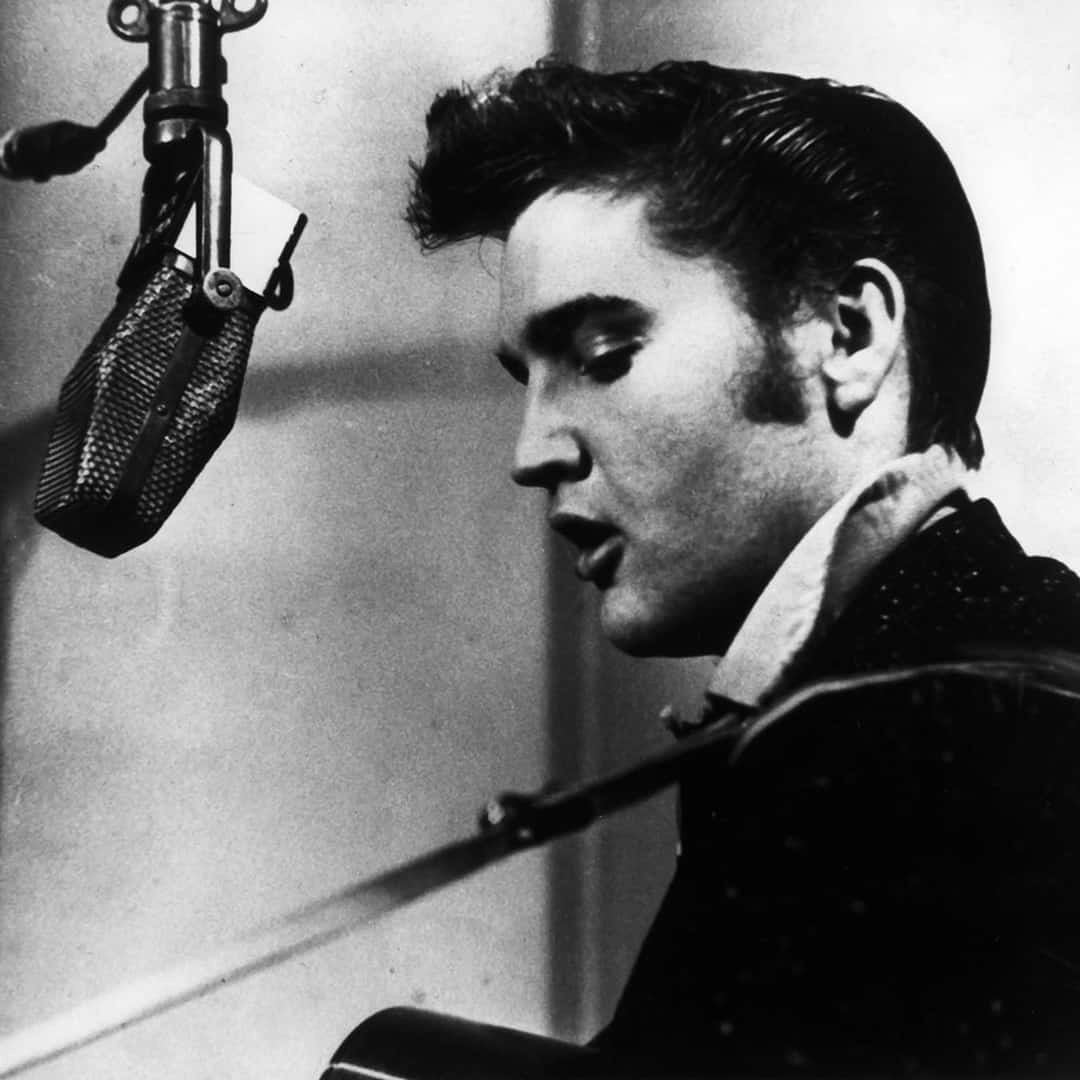Charlie
McCoy

-
Inducted2009
-
Born
March 28, 1941
-
Birthplace
Oak Hill, West Virginia
With his harmonica and other instruments, Nashville studio ace Charlie McCoy has graced the recordings of a broad range of artists, from Elvis Presley and Bob Dylan to Waylon Jennings and Loretta Lynn. His trademark harmonica style, distinguished by its speed, precision, clarity, and unerring phrasing, was radically different from the down-home approach of his predecessors and re-established the mouth organ as a voice in country music.
Breaking into the Music Business
Born in Oak Hill, West Virginia, Charles Ray McCoy grew up in Miami, Florida. He first played harmonica at age eight, using an instrument his mother bought for fifty cents—then a high price for a single mother struggling to make ends meet. In his teens, he paid his dues as a back-up player at country and rock & roll show dates across Florida. At one show he met rising country star Mel Tillis, who encouraged him to try his luck in Nashville. Already enrolled in music theory and voice classes, McCoy made one trip to the city to check out job prospects but returned home to sharpen his skills as an arranger and conductor.
The young musician moved to Nashville in 1960 and recorded several sides as a rock & roll singer and guitarist for the Cadence and Monument labels. Through Tillis, McCoy met booking agent and music publisher Jim Denny, who used him on song demos and helped steer him to record producers Owen Bradley (Decca) and Chet Atkins (RCA). Listening to a demo tape, Atkins noticed McCoy’s harmonica playing and enlisted him for a 1961 Ann-Margret session that yielded “I Just Don’t Understand,” a Top Twenty pop hit. Session calls came hard and fast after Roy Orbison’s Monument rendition of “Candy Man,” featuring McCoy’s harmonica back-up, climbed to #25 on the pop charts that same year. “It got Roy another hit and me a career,” McCoy recalled, “and for a twenty-year-old to make forty-nine dollars for three hours’ work back then, it was a dream.”
Songs
00:00 / 00:00
00:00 / 00:00
00:00 / 00:00
In-Demand Session Musician
In the ensuing decades, McCoy worked thousands of sessions, often as many as four hundred in a single year. He can be heard on recordings by a virtual who’s who of country music: “500 Miles Away from Home” (Bobby Bare), “Orange Blossom Special” (Johnny Cash), “Old Dogs, Children, and Watermelon Wine” (Tom T. Hall), “Only Daddy That’ll Walk the Line” (Waylon Jennings), “He Stopped Loving Her Today” (George Jones), “What’s Made Milwaukee Famous (Has Made a Loser Out of Me)” (Jerry Lee Lewis), “My Tennessee Mountain Home” (Dolly Parton), “Take This Job and Shove It” (Johnny Paycheck), and “Delta Dawn” (Tanya Tucker). Likewise, Eddy Arnold, Roy Clark, Patsy Cline, Merle Haggard, Sonny James, Brenda Lee, Willie Nelson, Charley Pride, Kitty Wells, and Tammy Wynette—all eventual Country Music Hall of Fame members—relied on McCoy’s harmonica talents. For his efforts McCoy received the Country Music Association’s Instrumentalist of the Year award in 1972 and again in 1973.
Playing a variety of instruments, including harmonica, bass, guitar, keyboards, percussion, mallet percussion, trumpet, saxophone, and tuba, McCoy also aided recording artists across the musical spectrum. After playing guitar on Bob Dylan’s “Desolation Row,” recorded in New York, McCoy was among a handful of top Nashville studio players who contributed to Dylan’s Nashville-recorded albums: Blonde on Blonde, John Wesley Harding, and Nashville Skyline. In Nashville and Hollywood, McCoy played on eight soundtracks for Elvis Presley films and backed Presley on singles such as “Big Boss Man” and “Hi-Heel Sneakers.” Other notable records showcasing McCoy’s harmonica are “Seattle” (Perry Como), “Canadian Railroad Trilogy” (Gordon Lightfoot), “Hush, Hush, Sweet Charlotte” (Patti Page), and “The Boxer” (Simon & Garfunkel). In addition, McCoy can be heard on recordings by Joan Baez, Kris Kristofferson, Manhattan Transfer, Leon Russell, Nancy Sinatra, Bobby Vinton, Steve Young, and many more.
Videos
“Orange Blossom Special” with the Tennessee Travelers square dancers
That Good Ole Nashville Music, 1973
“You Don’t Know Me”
Nashville Now, 1991
Charlie McCoy’s trademark harmonica style, distinguished by its speed, precision, clarity, and unerring phrasing, was radically different from the down-home approach of his predecessors and re-established the mouth organ as a voice in country music.
Photos
-
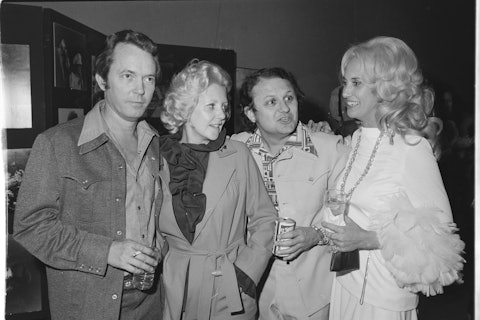
Charlie McCoy (second from right), flanked by Billy Sherrill and Charlene Sherrill (on left) and Tammy Wynette, at a Country Music Association event, 1975. Photo by Raeanne Rubenstein.
-
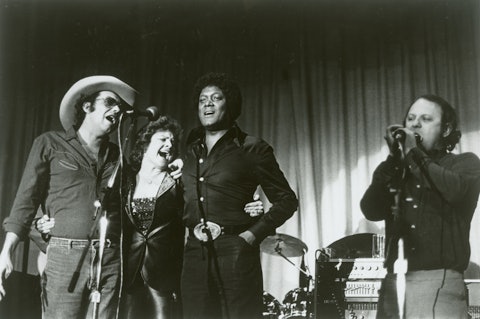
Charlie McCoy (far right) performing with Bobby Bare (far left), an unidentified singer, and Dobie Gray, c. 1970s.
-
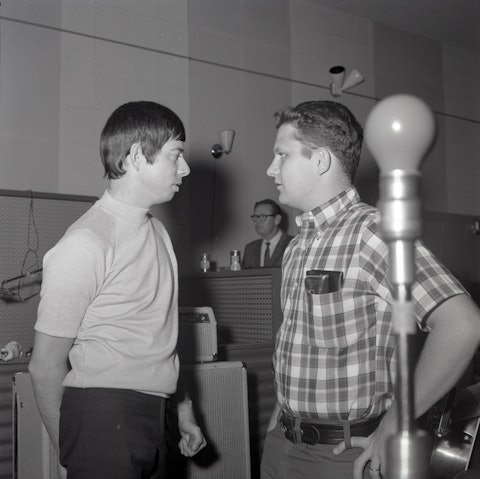
Charlie McCoy (right) and Bobby Goldsboro during a recording session at RCA Studio B, c. 1960s.
-
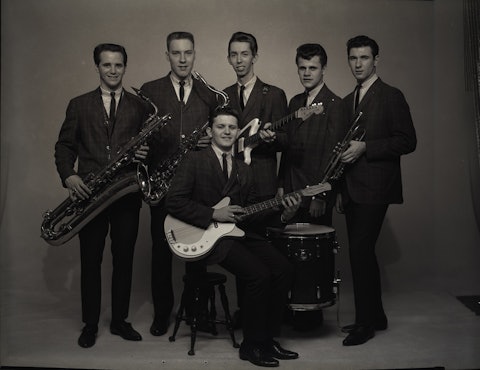
Studio portrait of Charlie McCoy (seated) and the Escorts, 1962. Photo by Walden S. Fabry Studios.
-
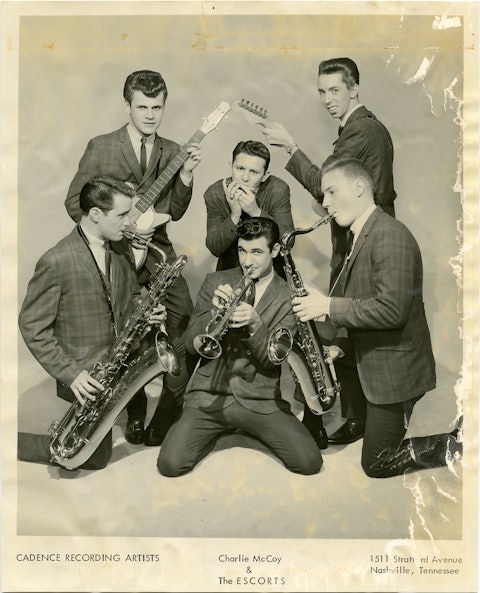
Cadence Records promotional photo for Charlie McCoy (back row center) and the Escorts, 1962. Photo by Walden S. Fabry Studios.
-
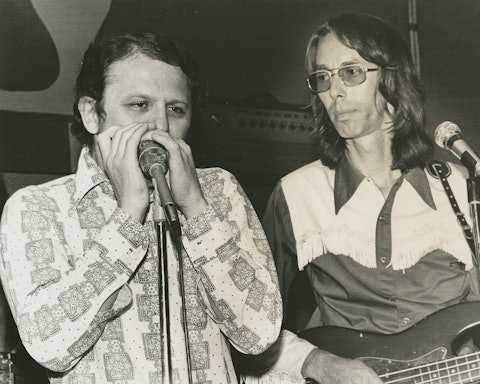
Charlie McCoy (left) and Wayne Moss performing at the Monument Awards, 1974. Photo by Bill Goodman.
-
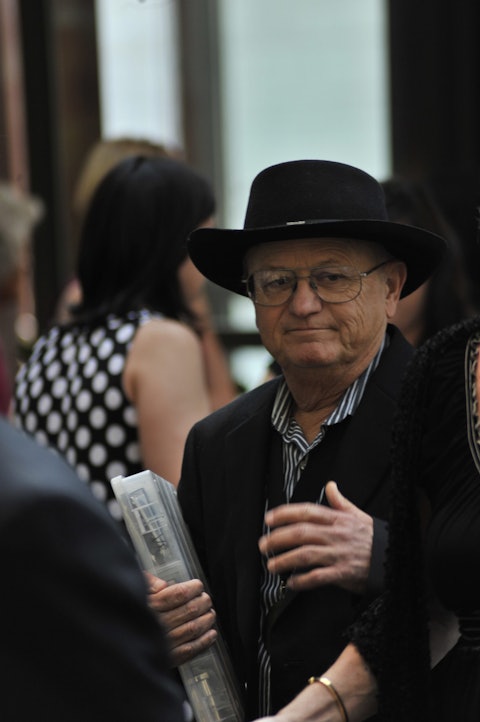
Charlie McCoy at the Country Music Hall of Fame’s 2010 Medallion Ceremony, held in the Country Music Hall of Fame and Museum Conservatory.
-
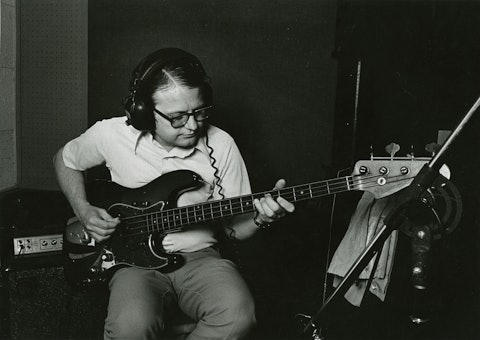
Charlie McCoy playing an electric bass guitar in a recording studio, c. 1970s.
-
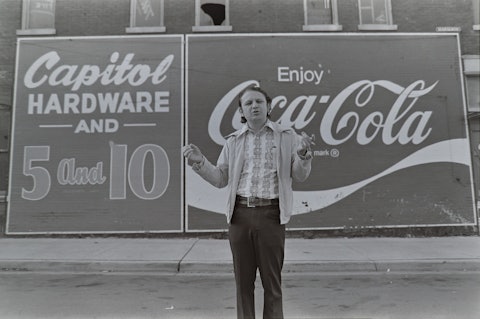
Charlie McCoy standing in front of a Coca-Cola sign in Nashville, Tennessee, 1975. Photo by Raeanne Rubenstein.
-
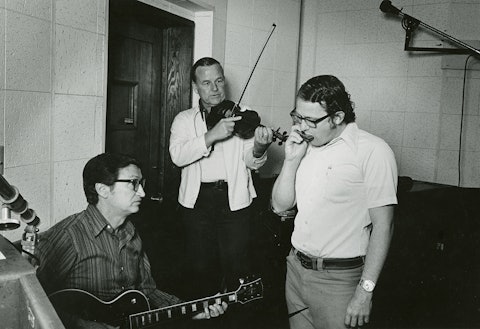
Charlie McCoy (right), Harold Bradley (left), and Willie Ackerman in a recording studio, c. 1970s.
Instrumental Recording Artist
As a featured artist, McCoy has made several dozen albums for Monument and other labels. The Real McCoy, which won a 1972 Grammy for Best Country Instrumental Performance, contained “I Started Loving You Again,” a #16 country single in 1972. Other notable singles he recorded include “I’m So Lonesome I Could Cry,” “I Really Don’t Want to Know,” and “Orange Blossom Special.” McCoy was also a key member of Area Code 615, an early country-rock band. Backed in the studio by the band Barefoot Jerry, he notched a #22 single, “Boogie Woogie,” in 1974, and was a featured soloist on a cover of Artie Shaw’s “Summit Ridge Drive.”
McCoy has reached vast audiences on TV and on the road. He was a frequent musician and featured artist on programs such as Nashville Now, the CMA Awards, Midnight Special, Pop! Goes the Country, and The Johnny Cash Show. McCoy served as music director for Hee Haw for eighteen years and filled the same role for numerous television specials. Regular tours of the U.S., England, Europe, and Japan have let millions of spectators enjoy this gifted musician in person.
McCoy’s memoir, Fifty Cents and a Box Top: The Creative Life of Nashville Session Musician Charlie McCoy (co-written with Travis D. Stimeling), was published by the West Virginia University Press in 2017.
—Kim Field
Adapted from the Country Music Hall of Fame® and Museum’s Encyclopedia of Country Music, published by Oxford University Press



